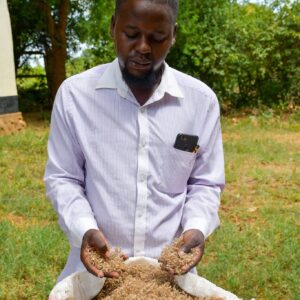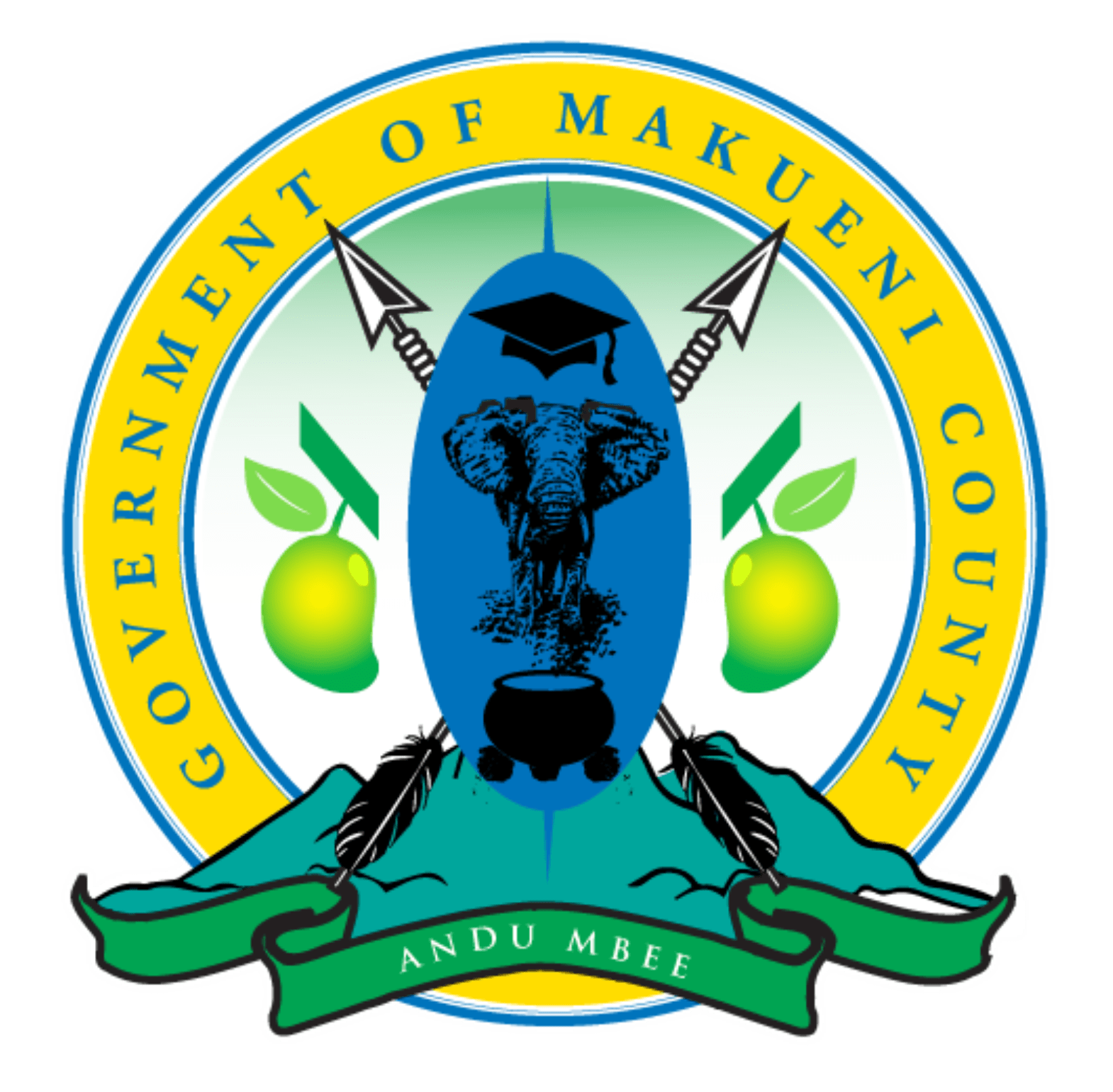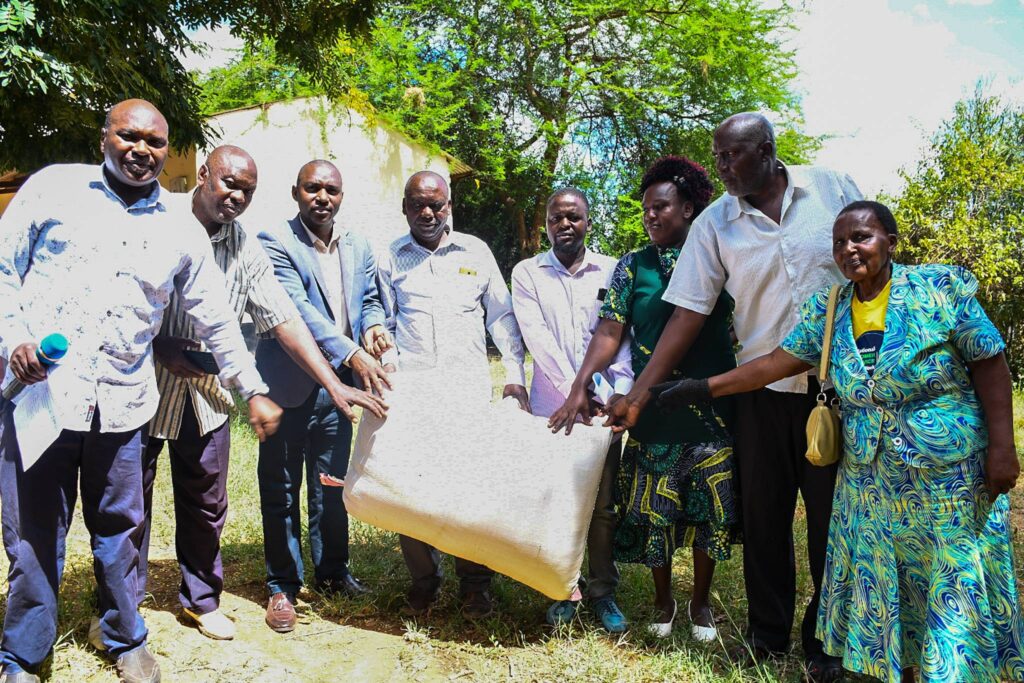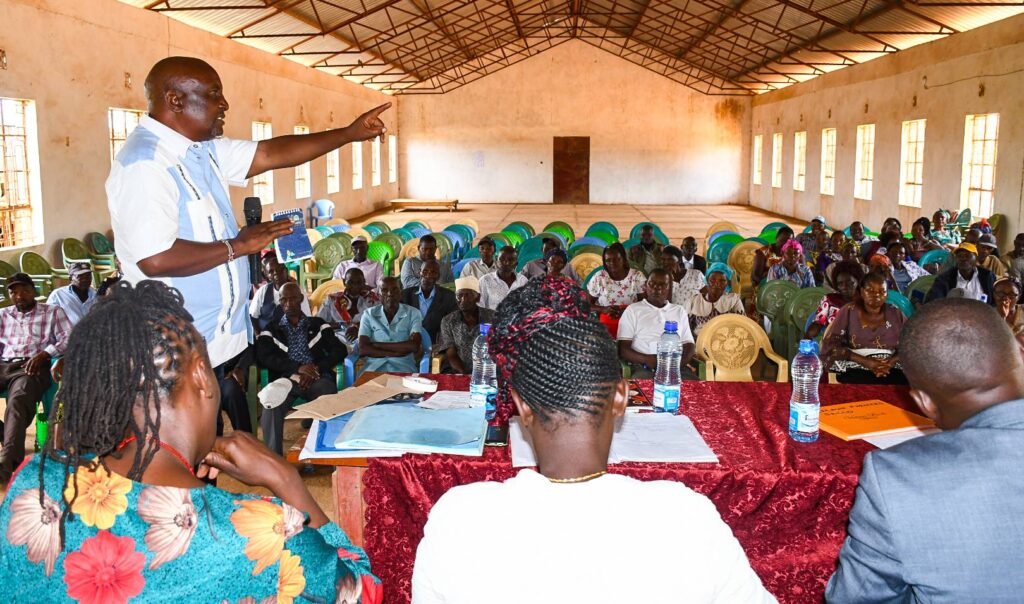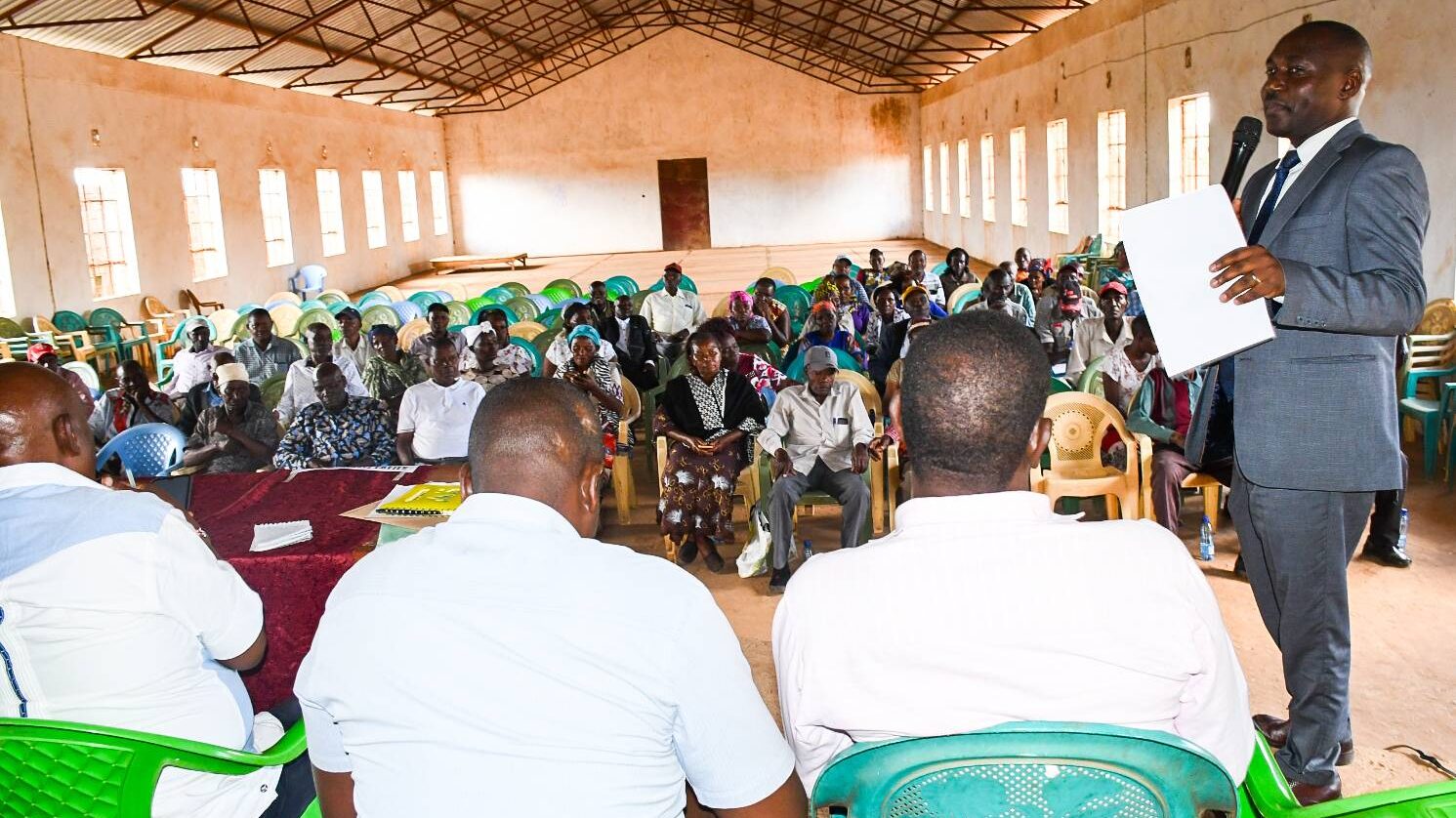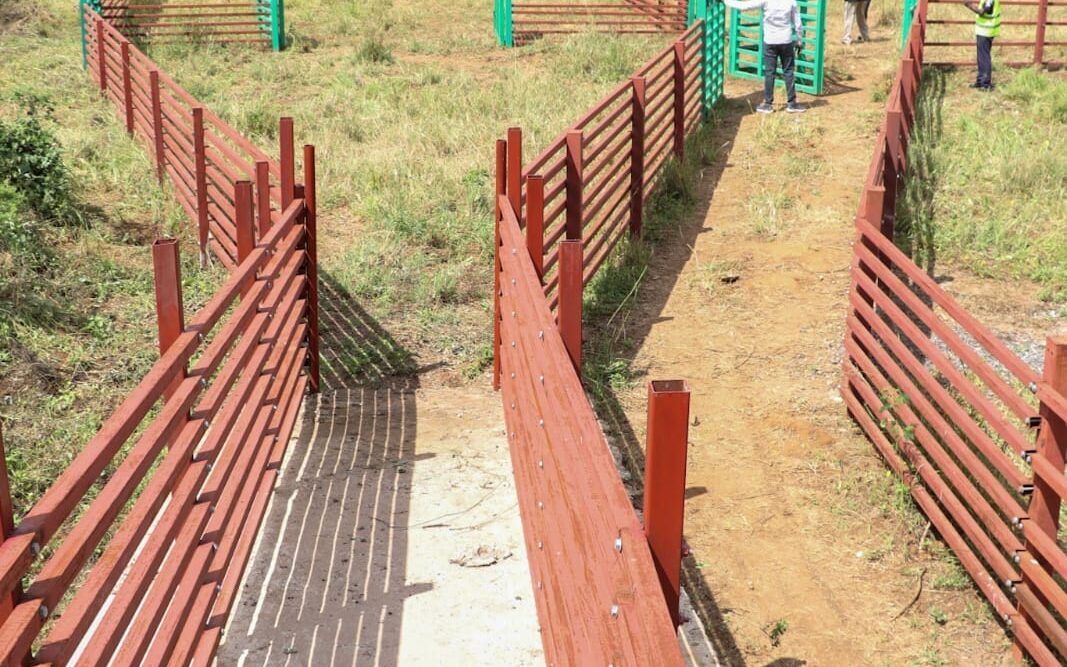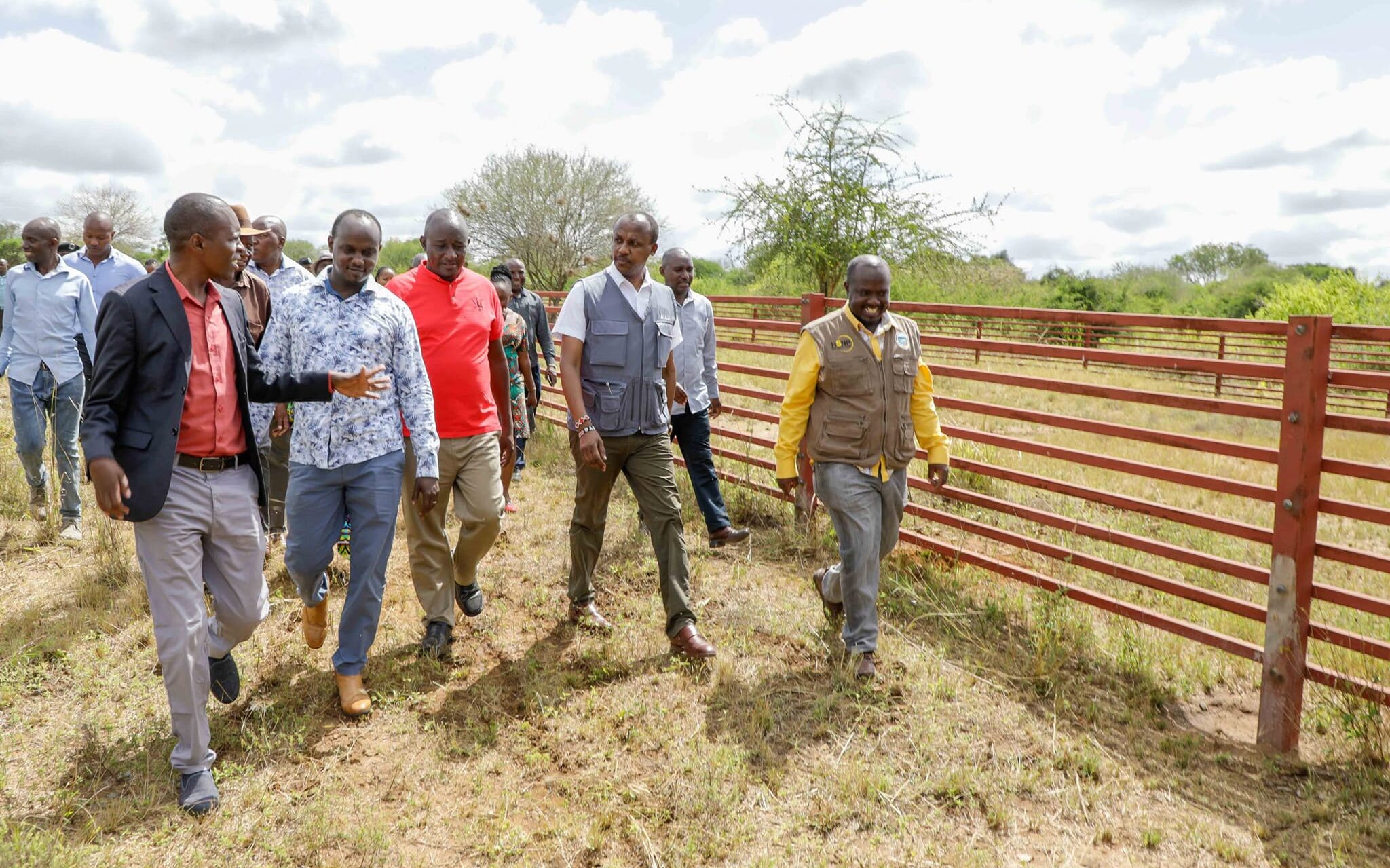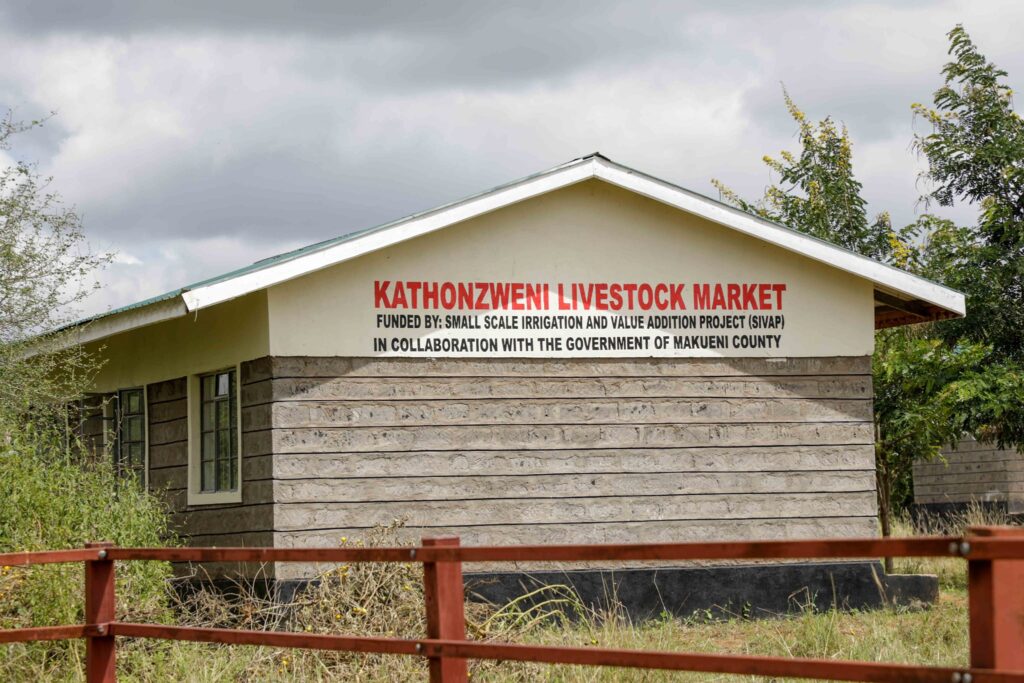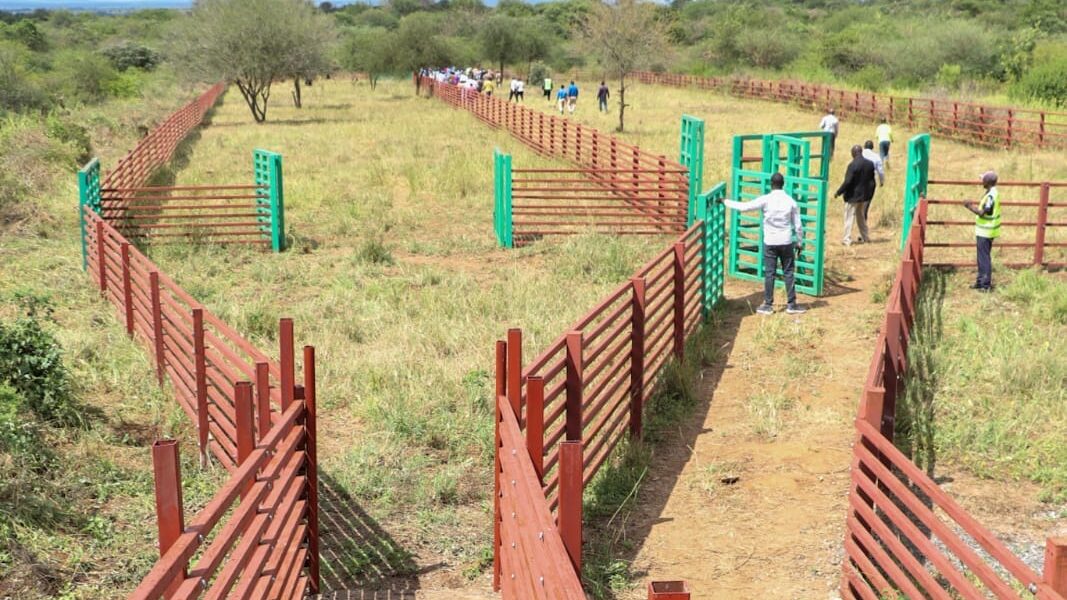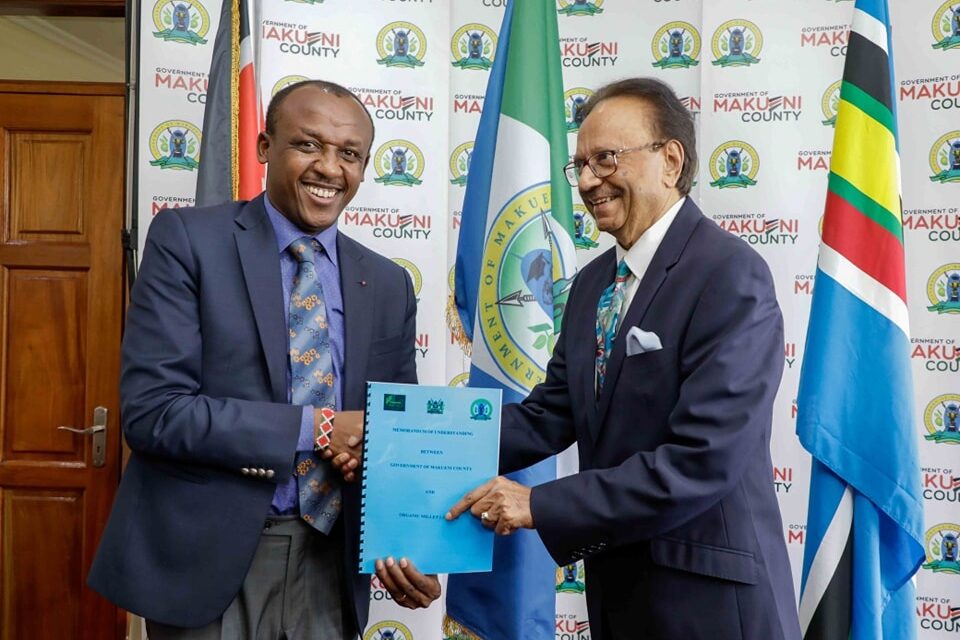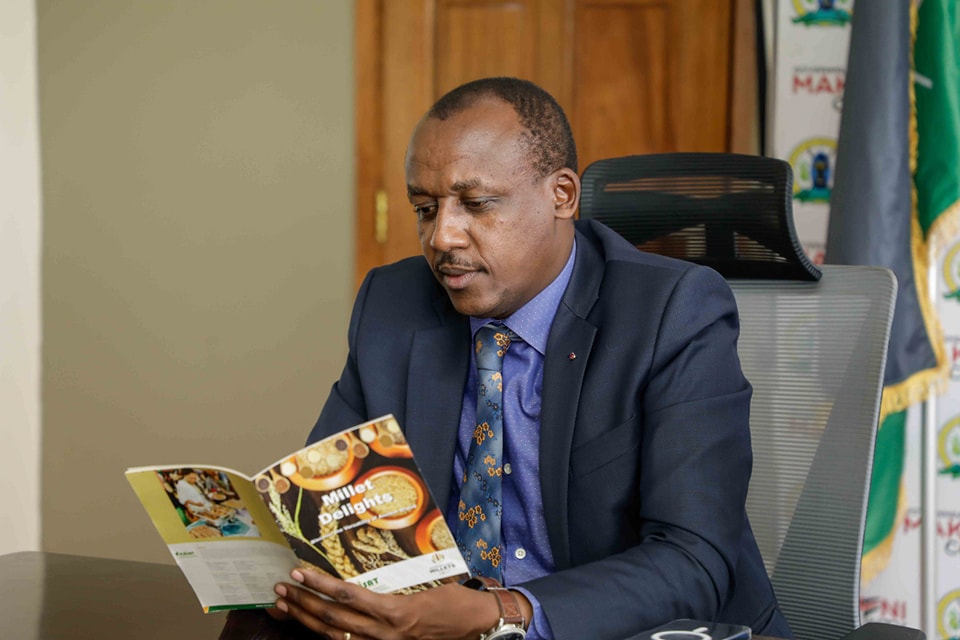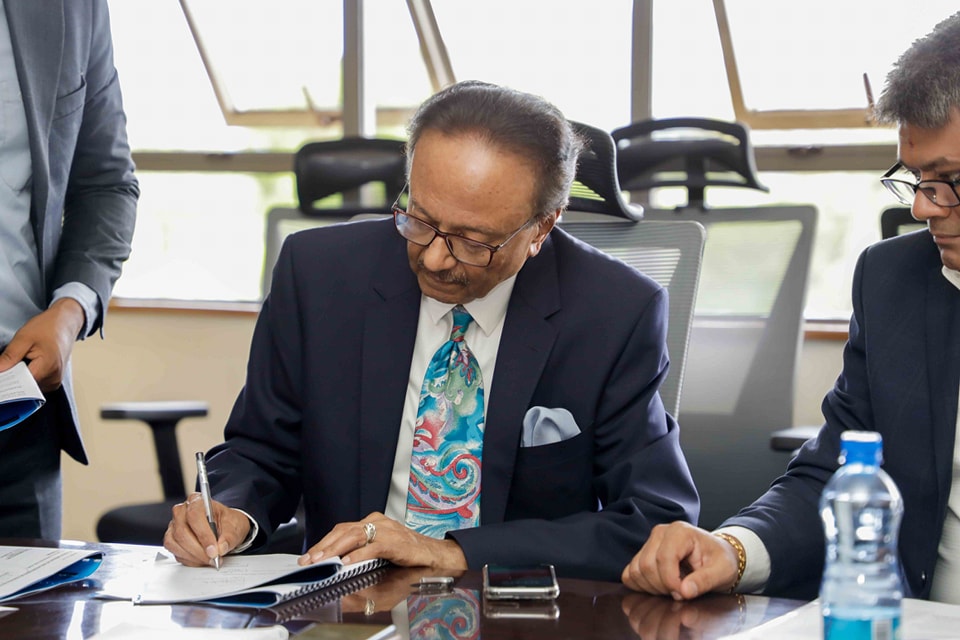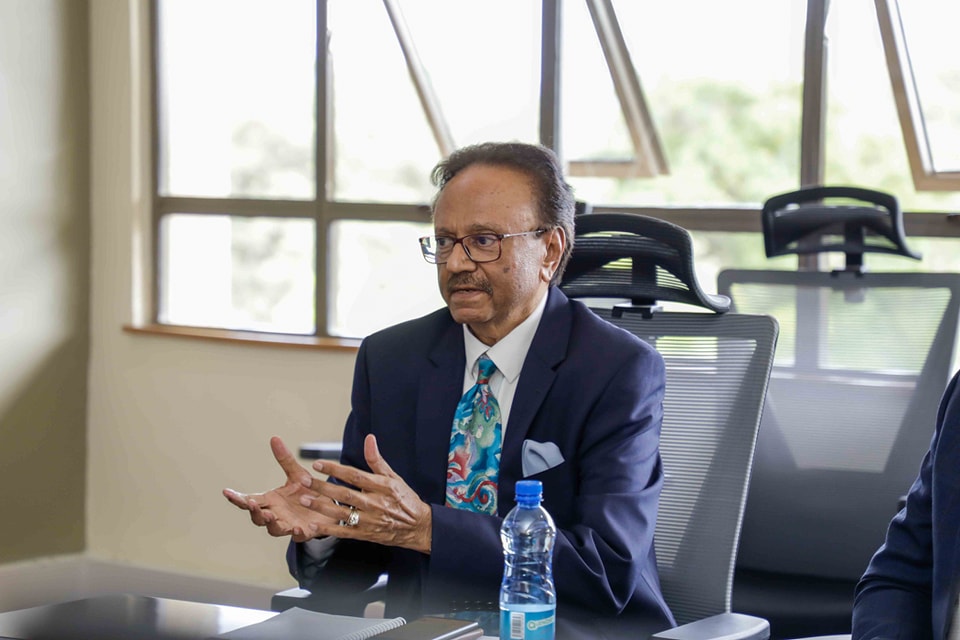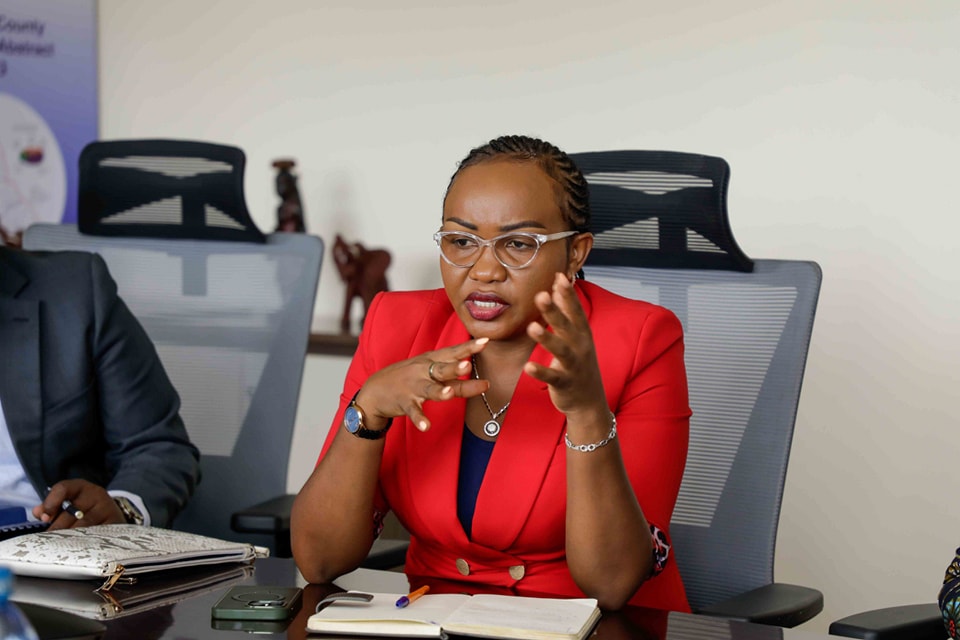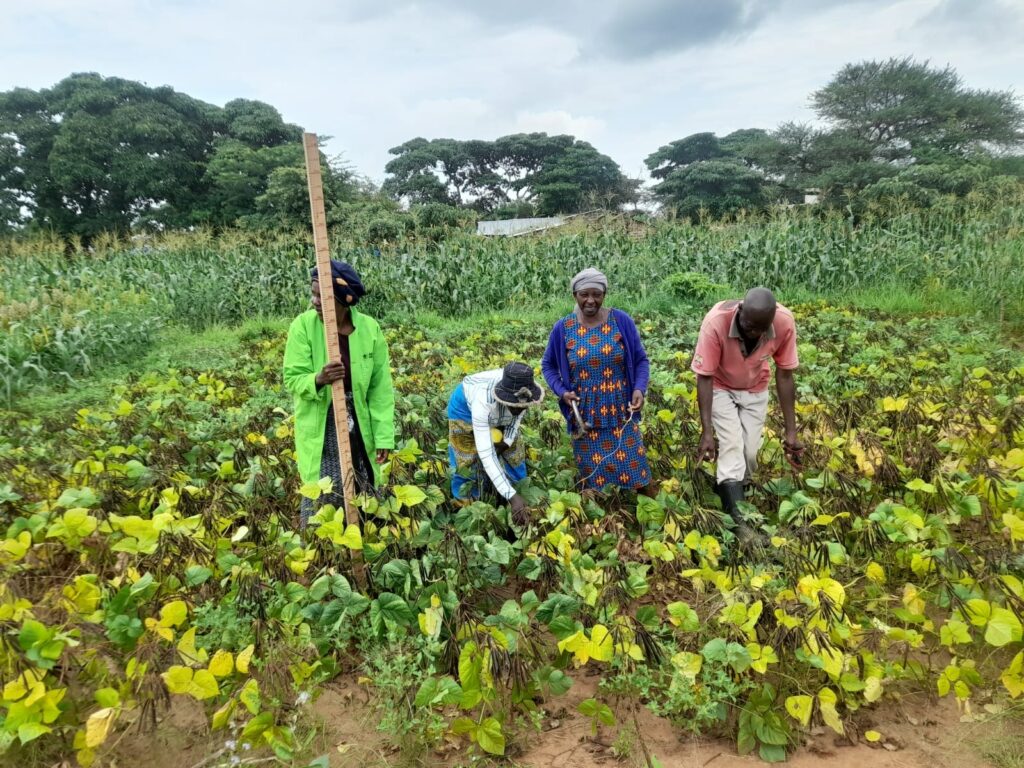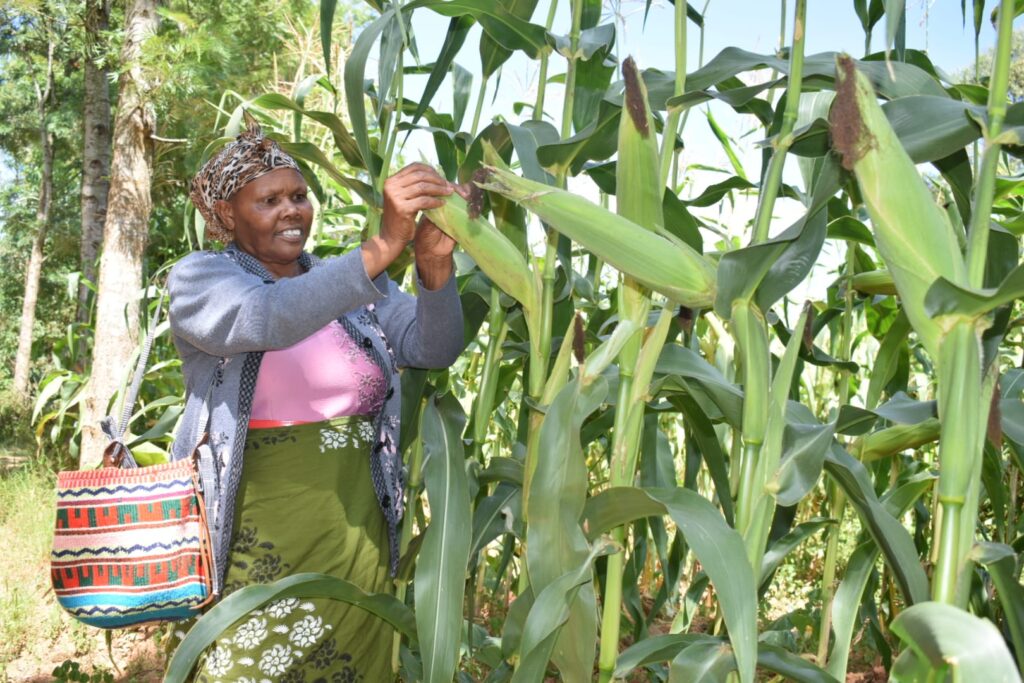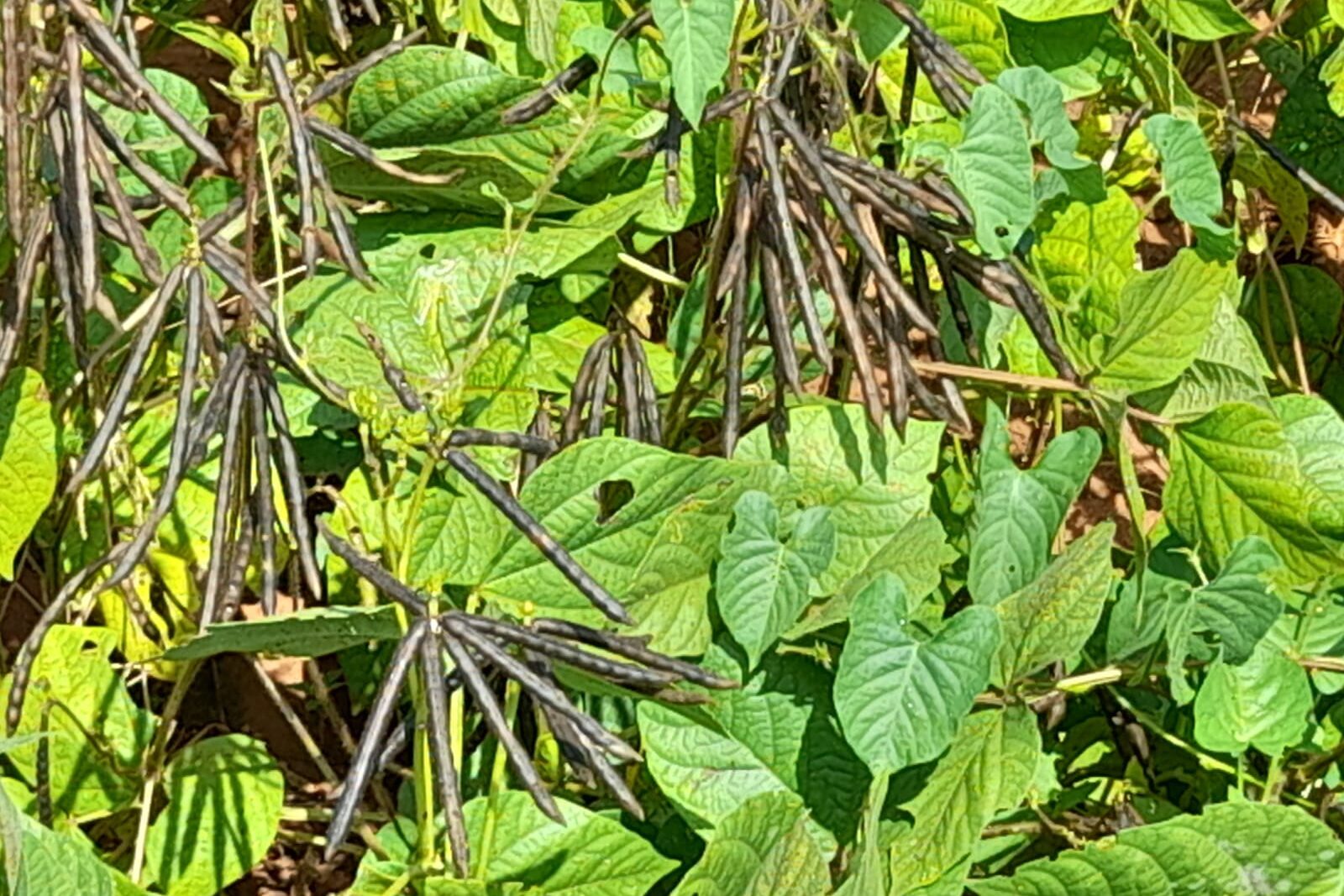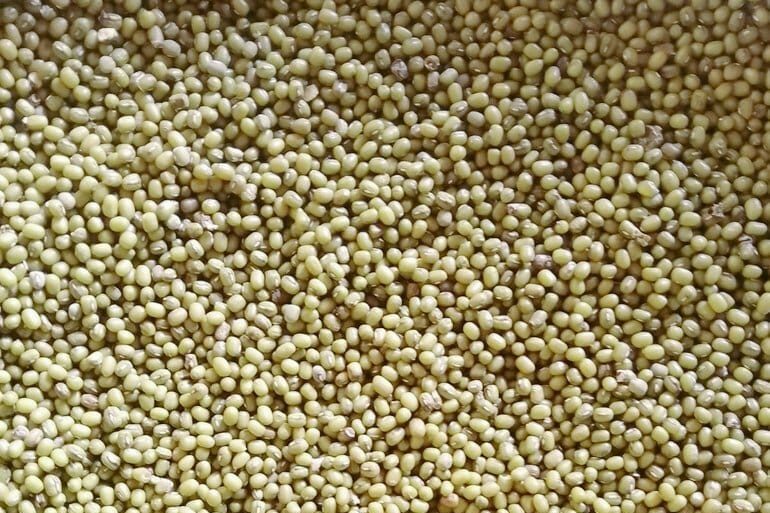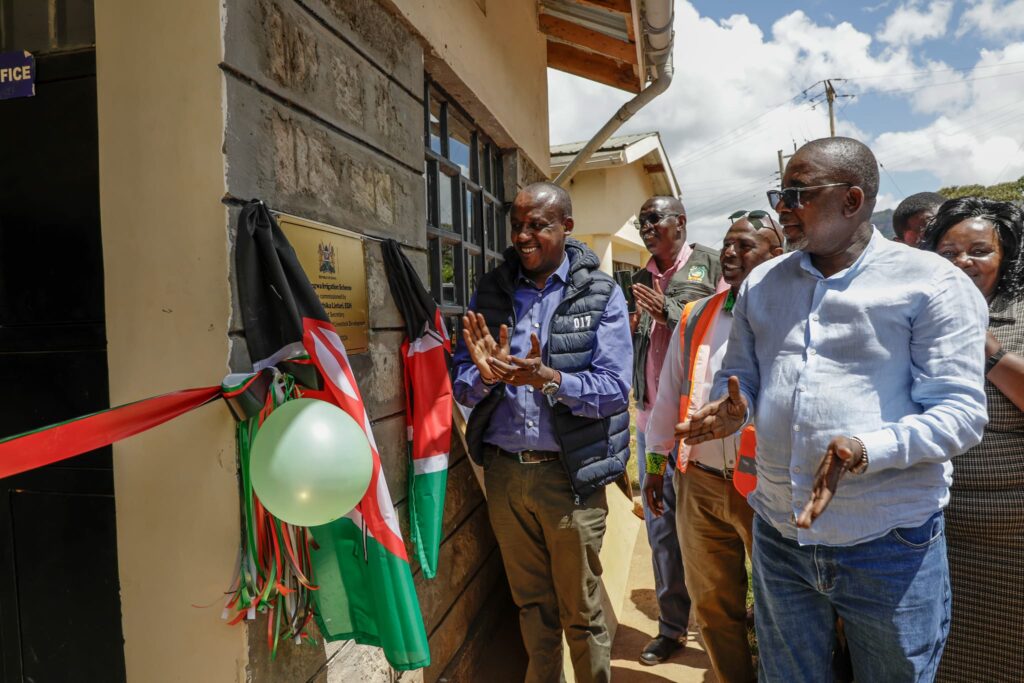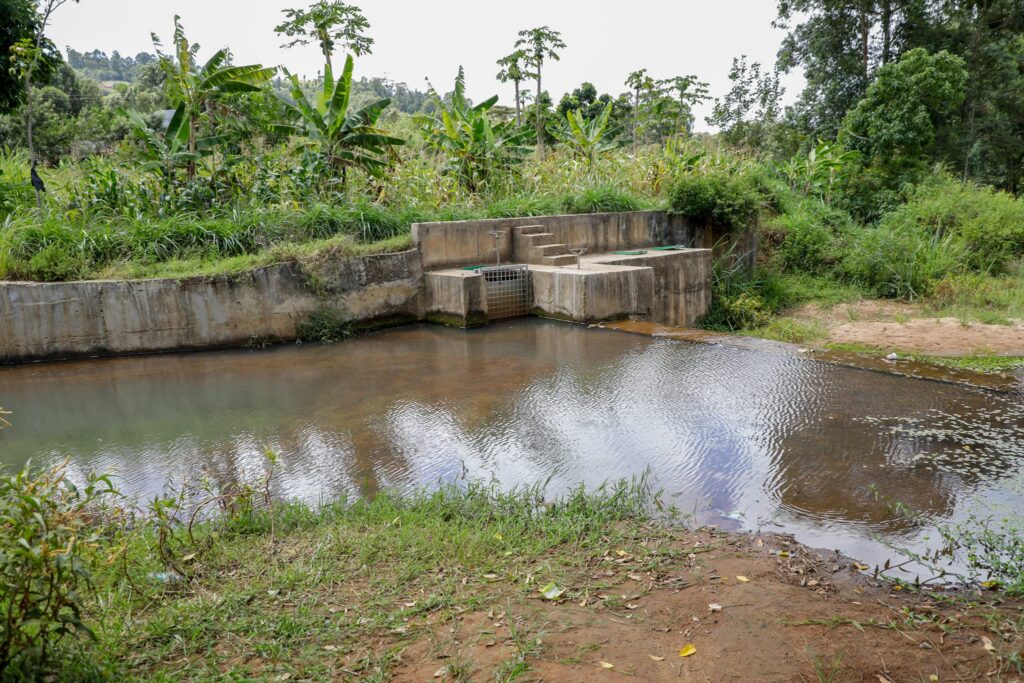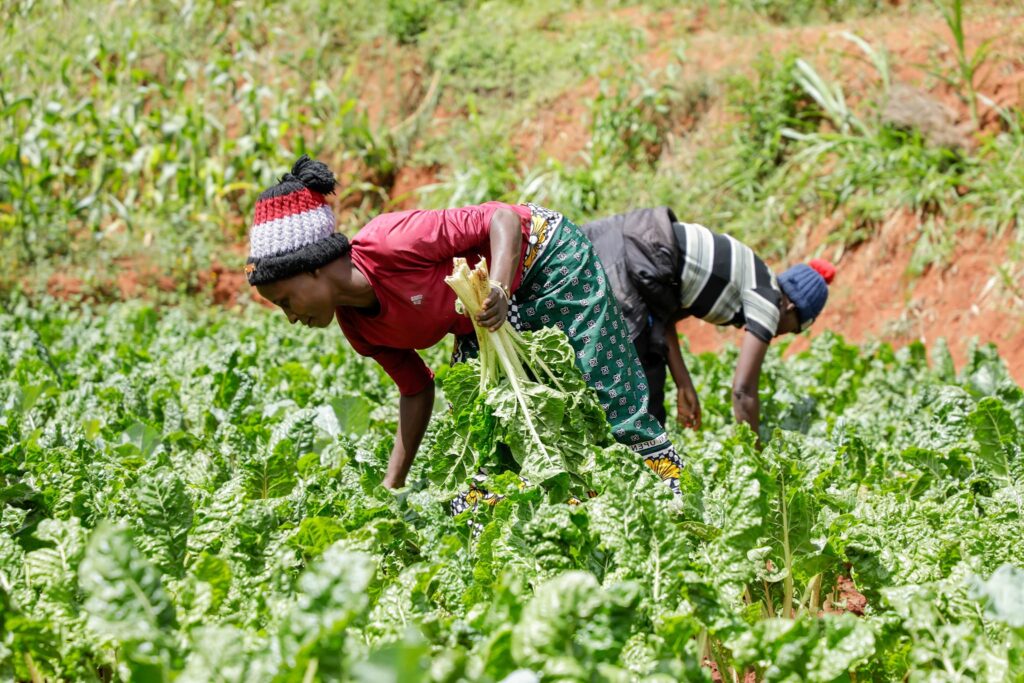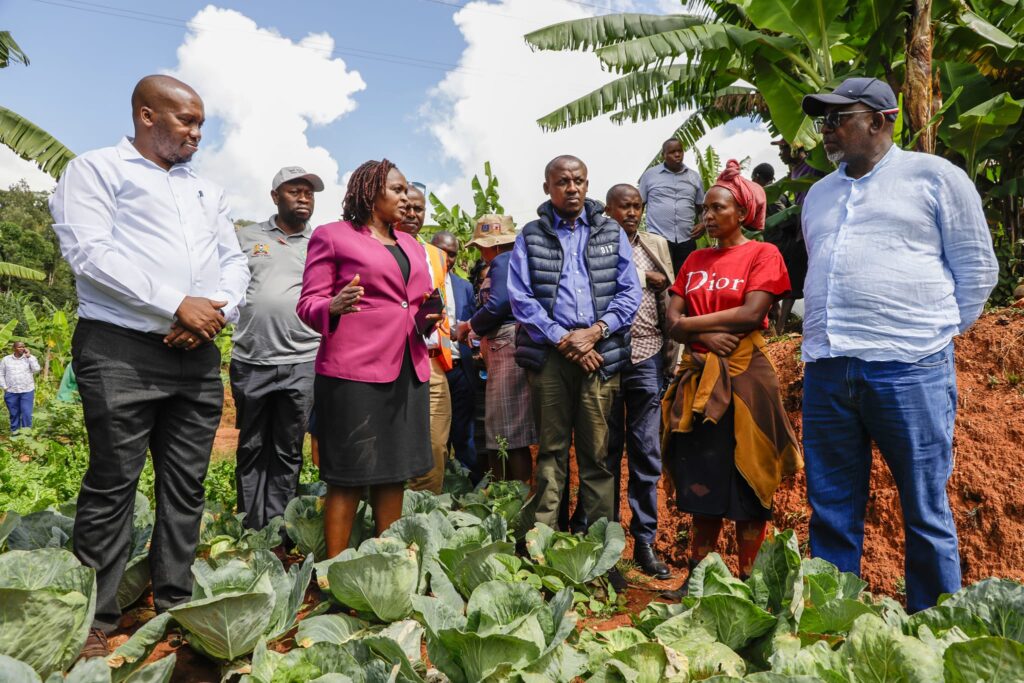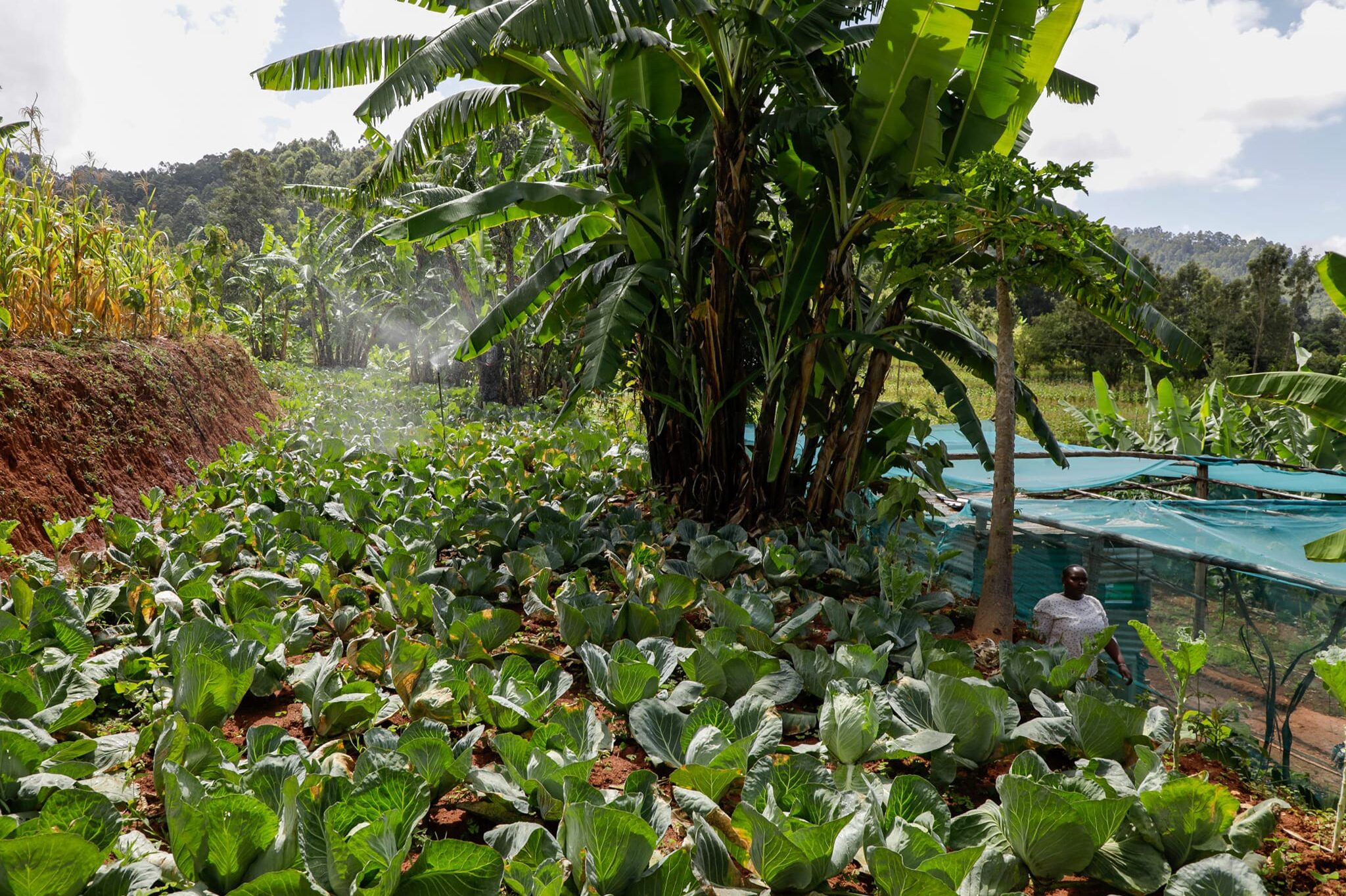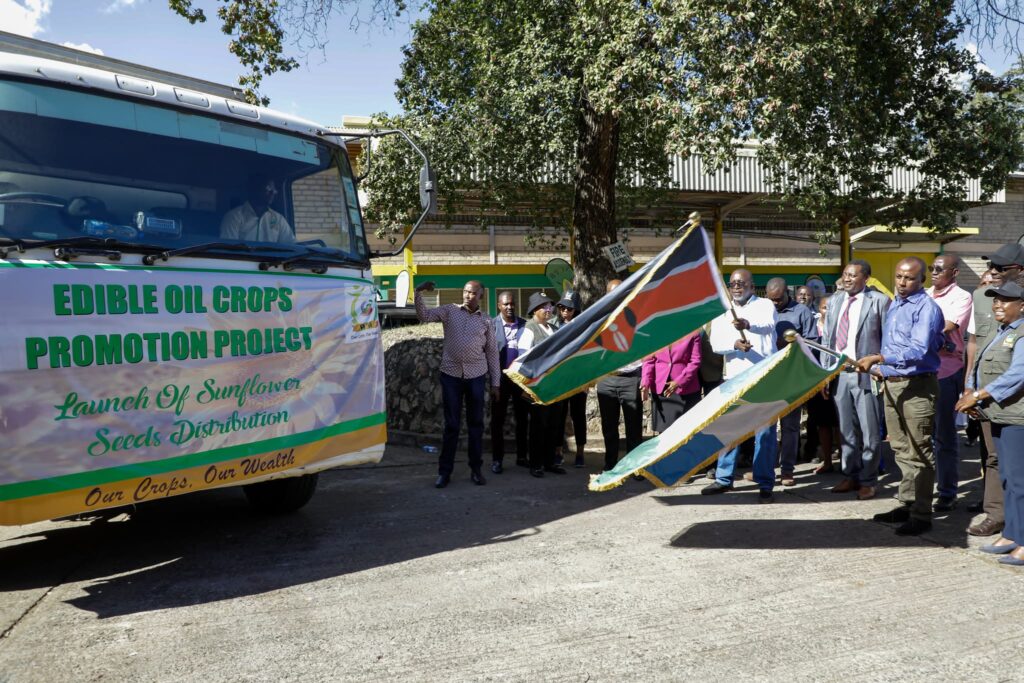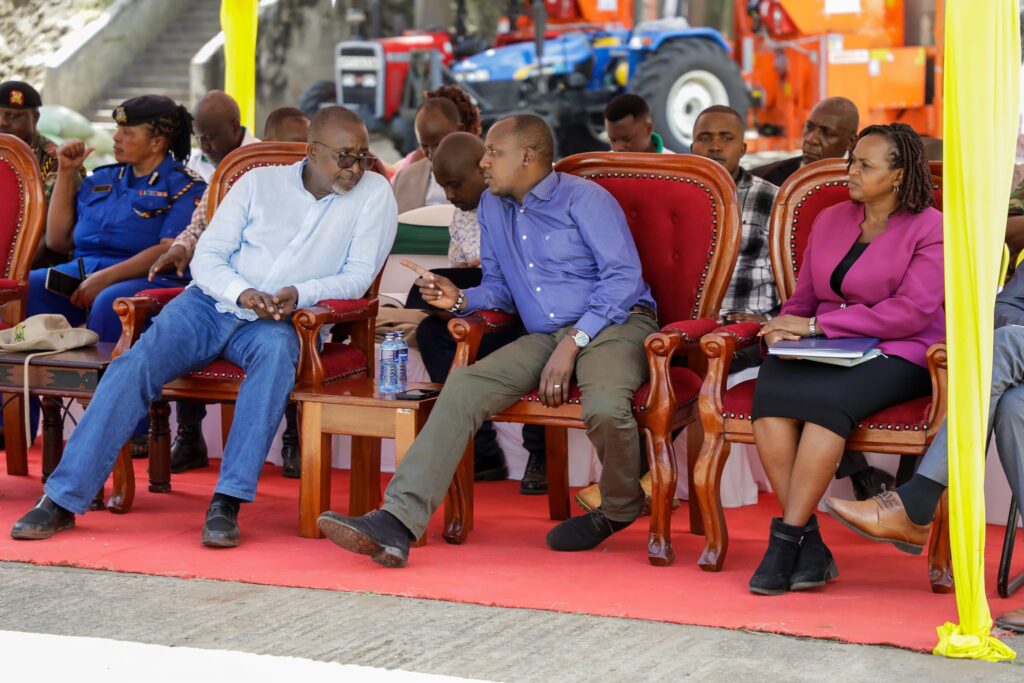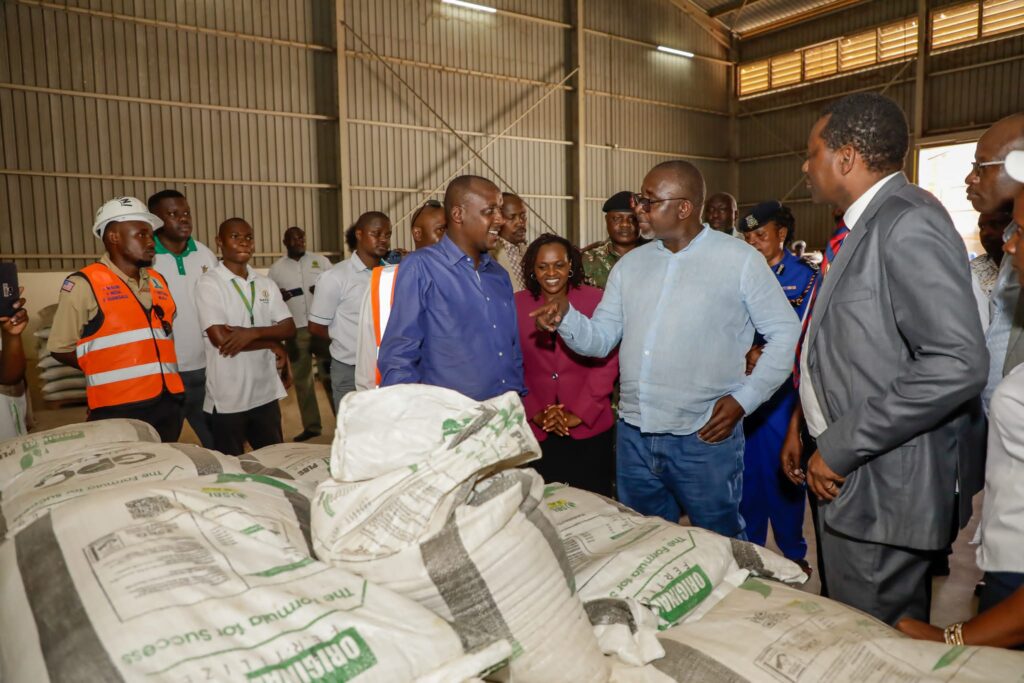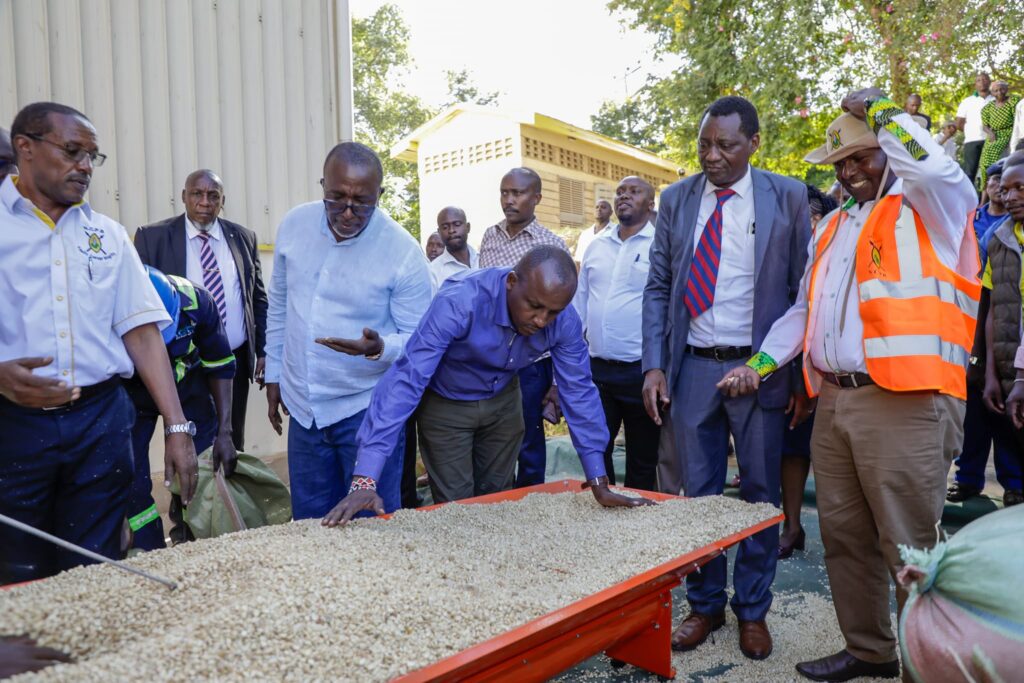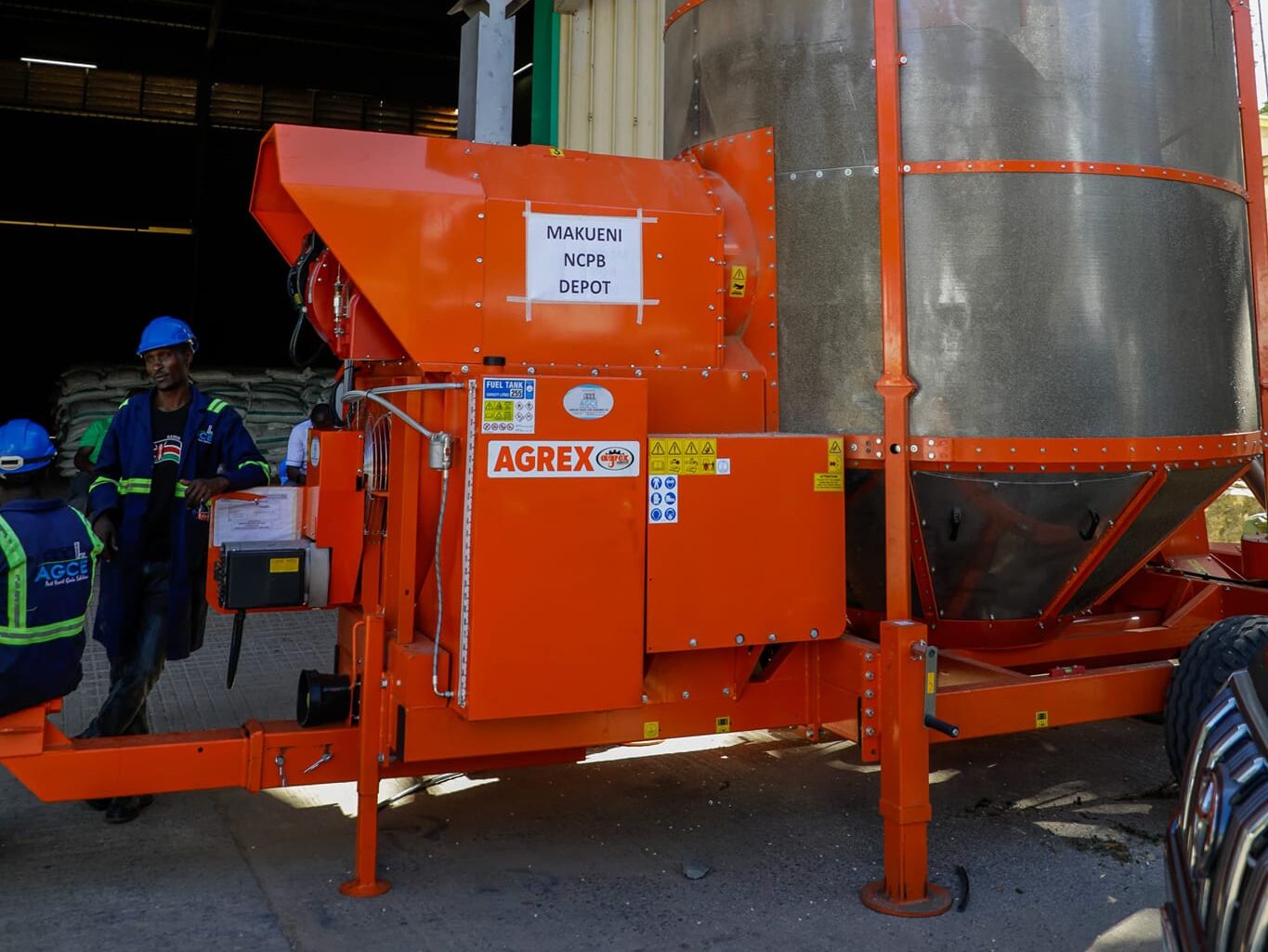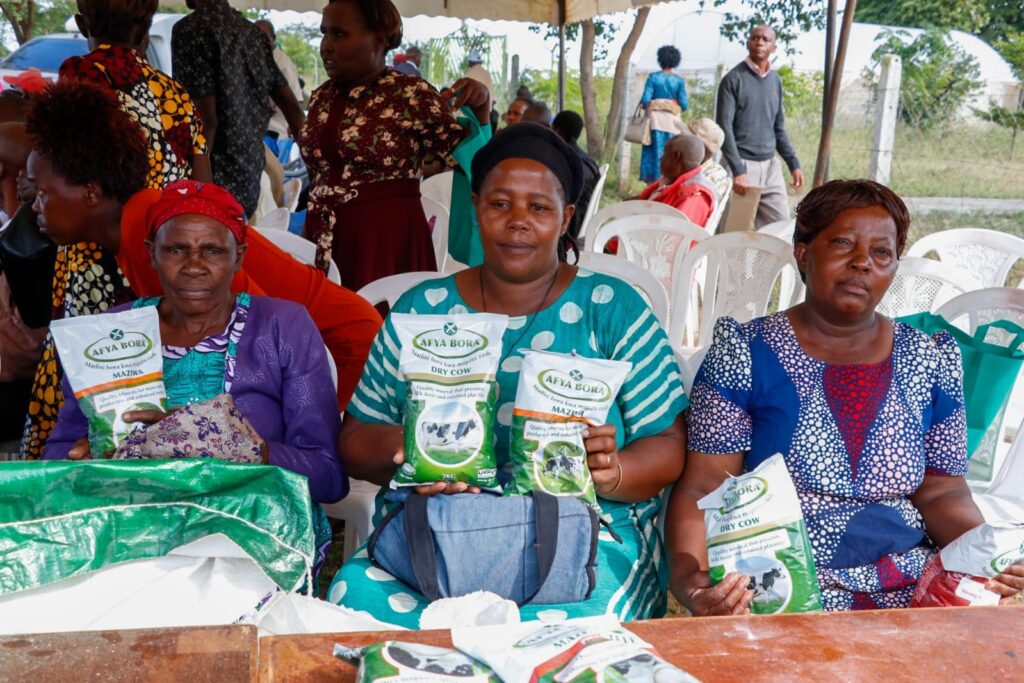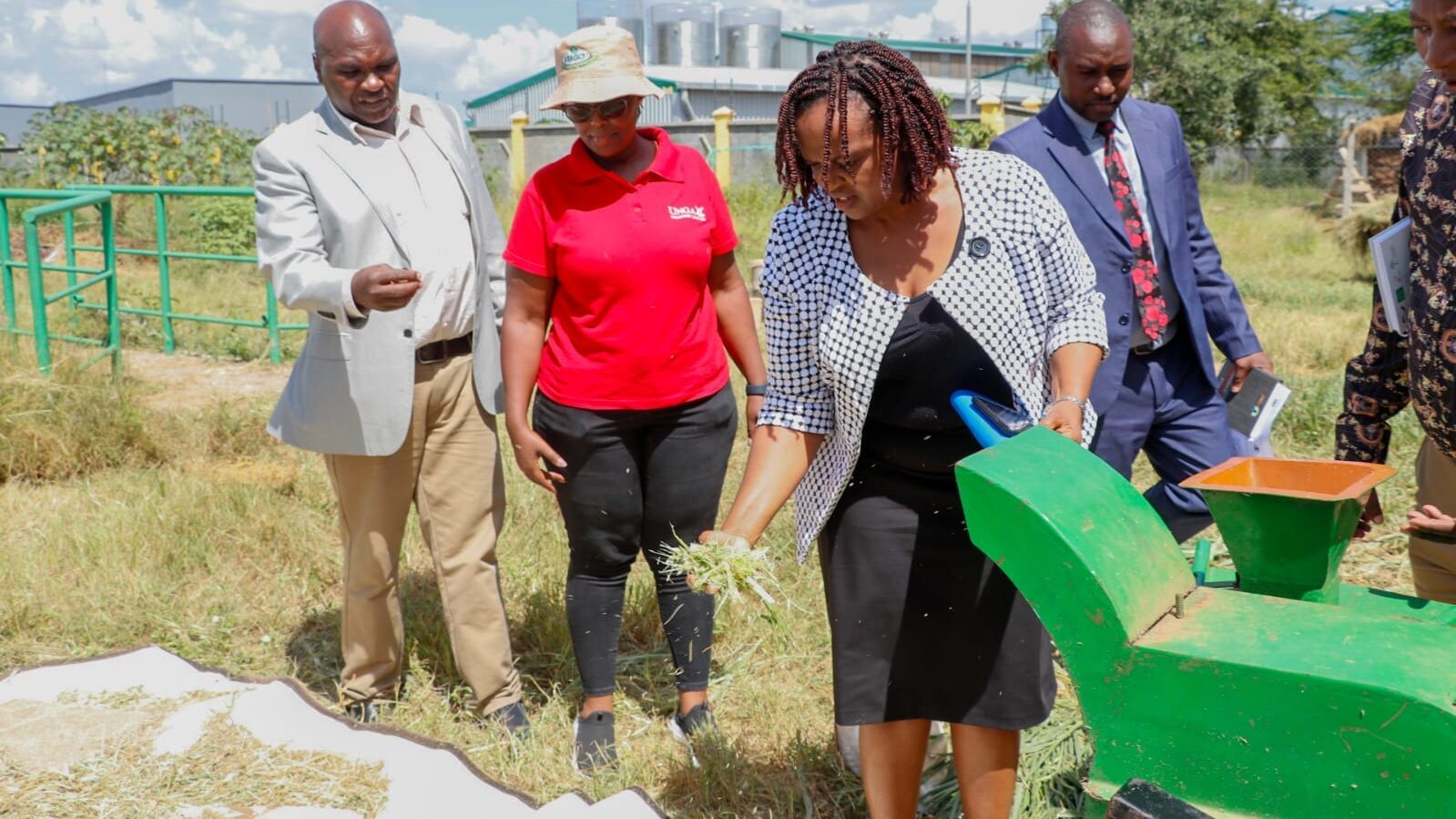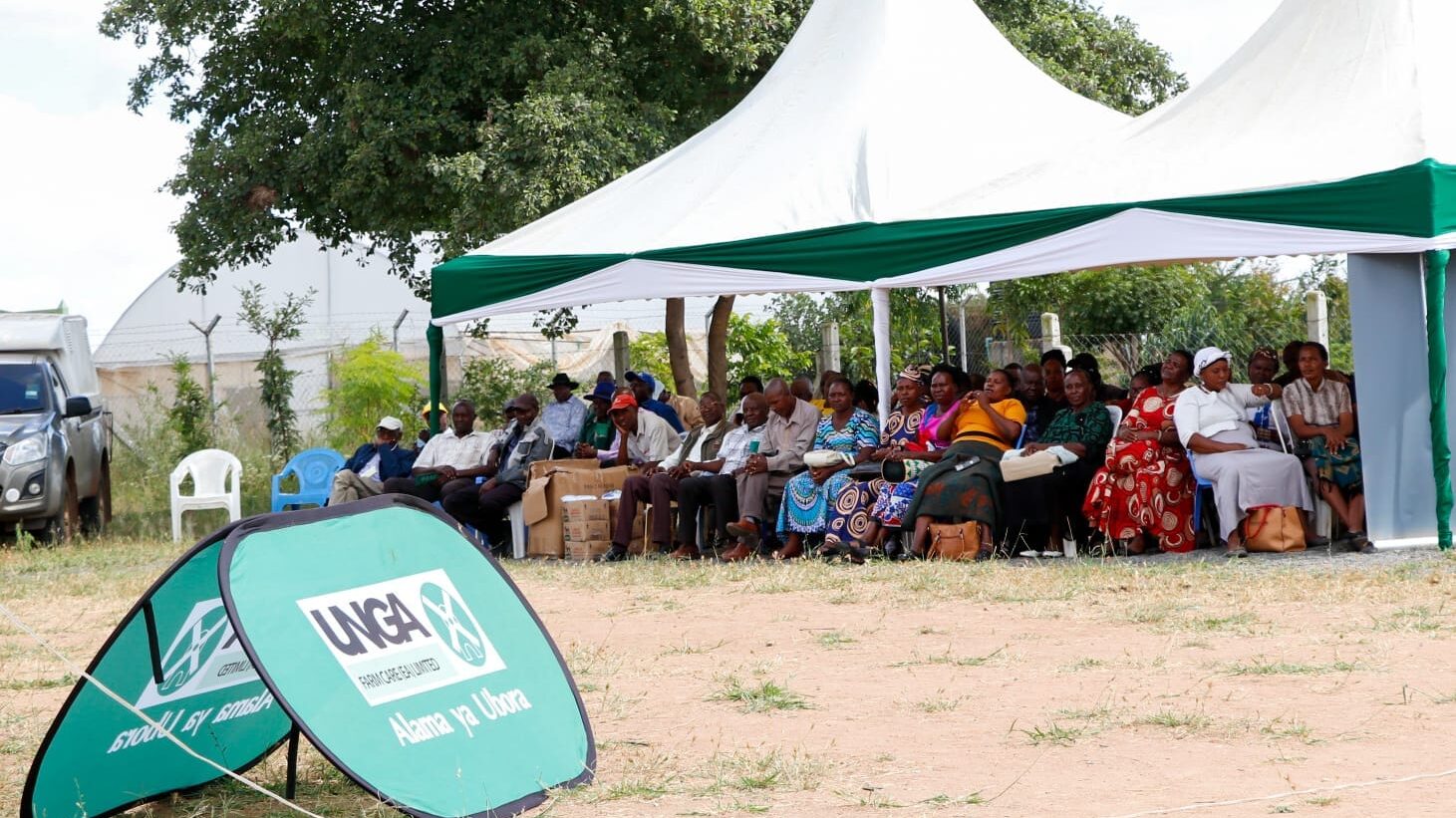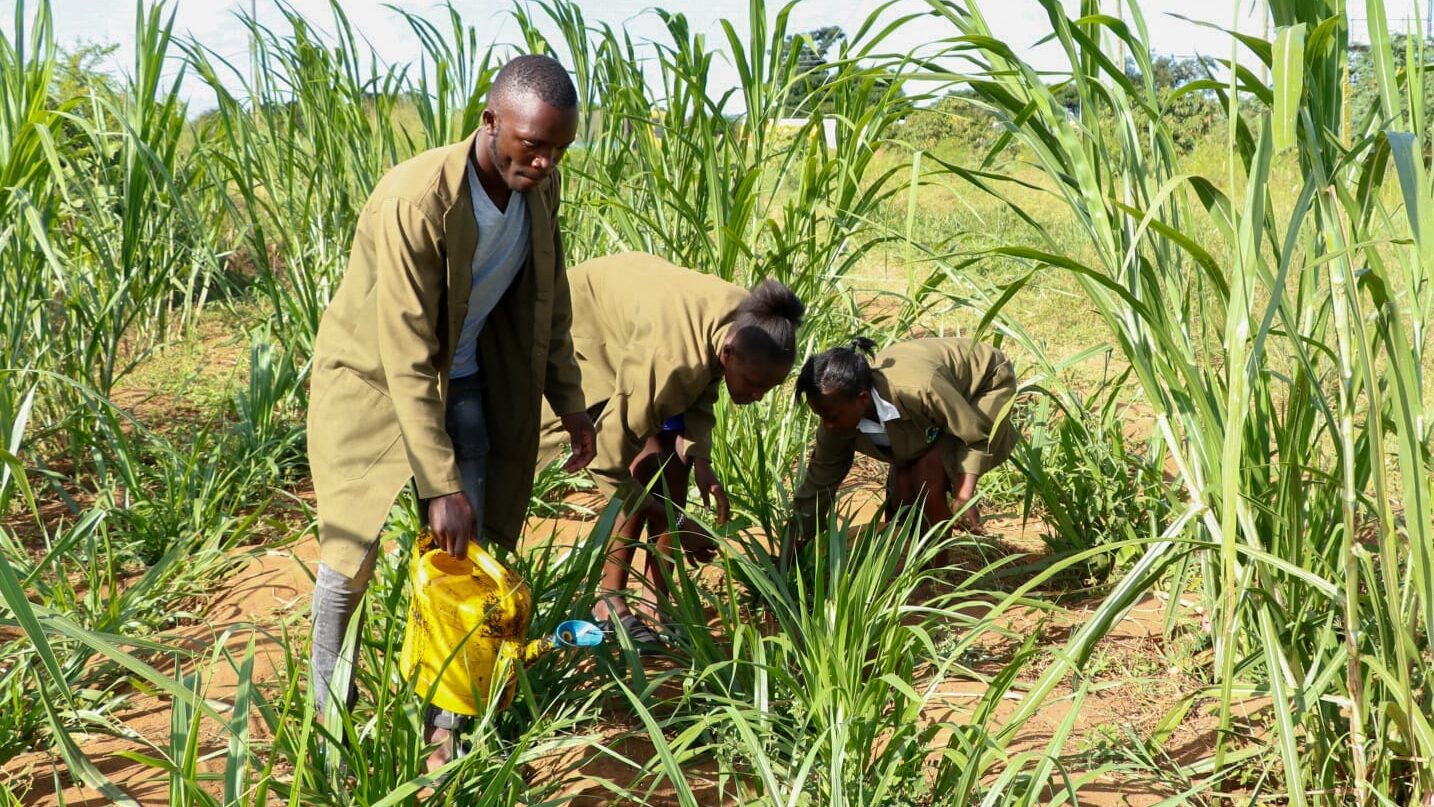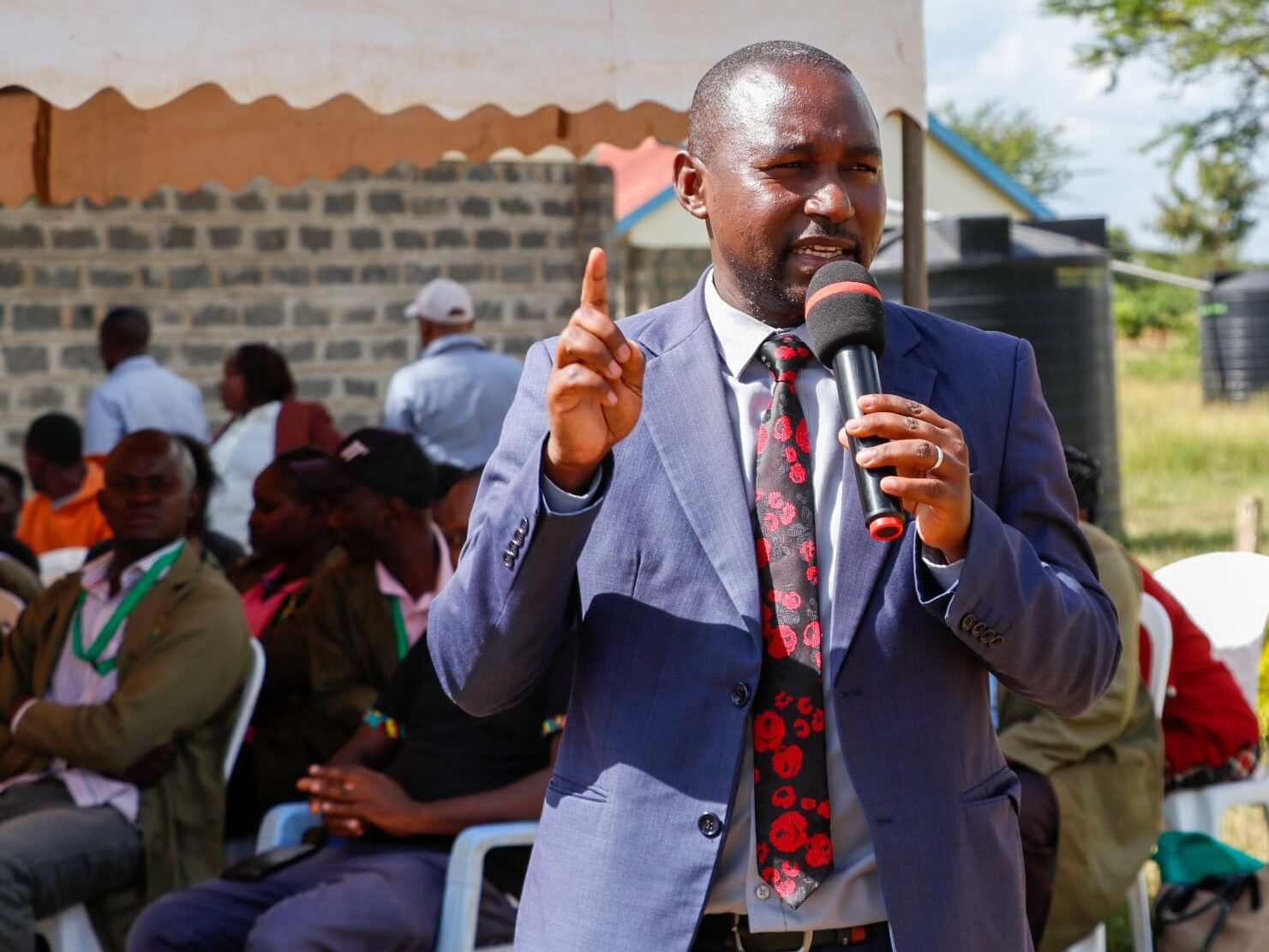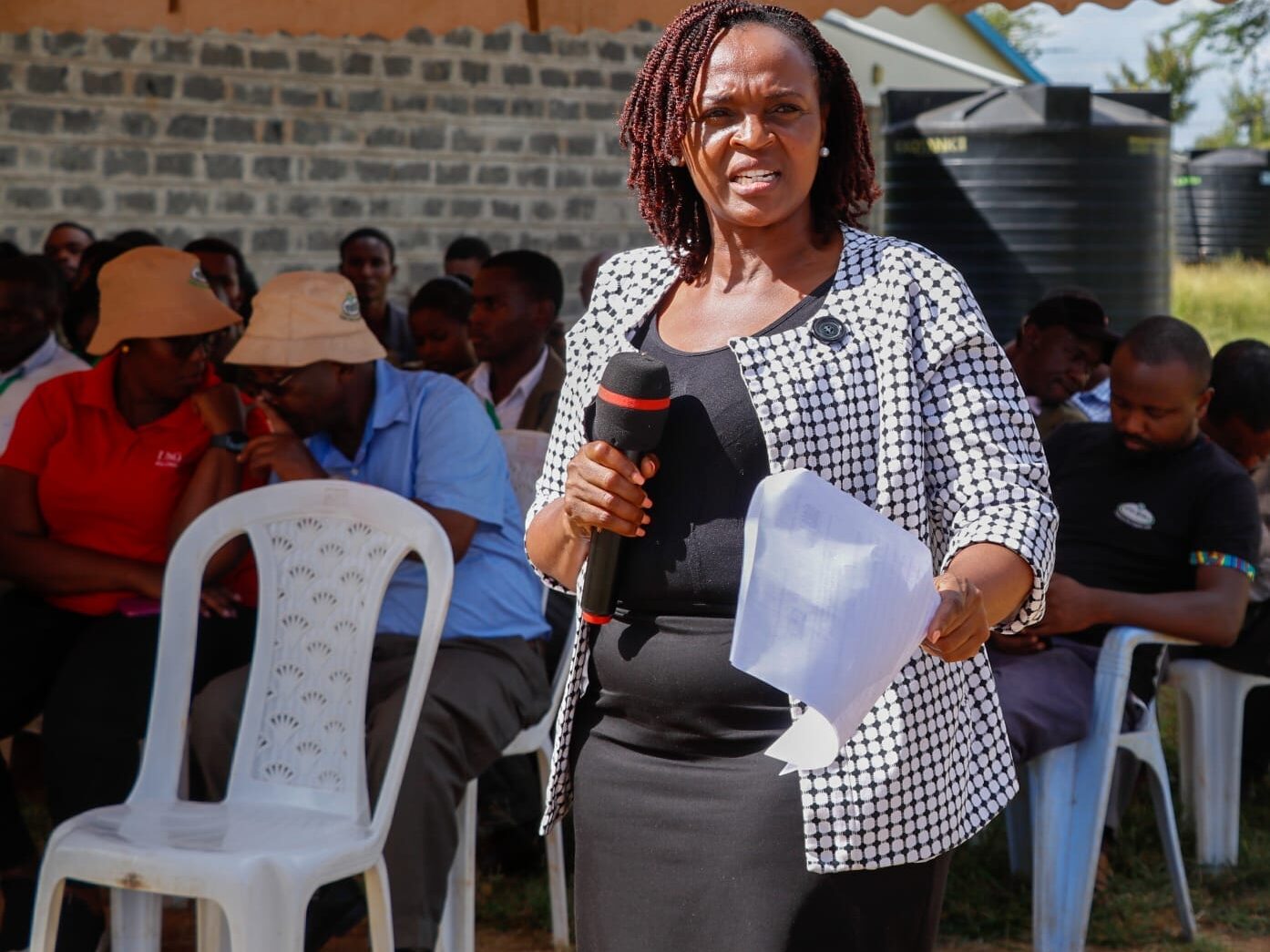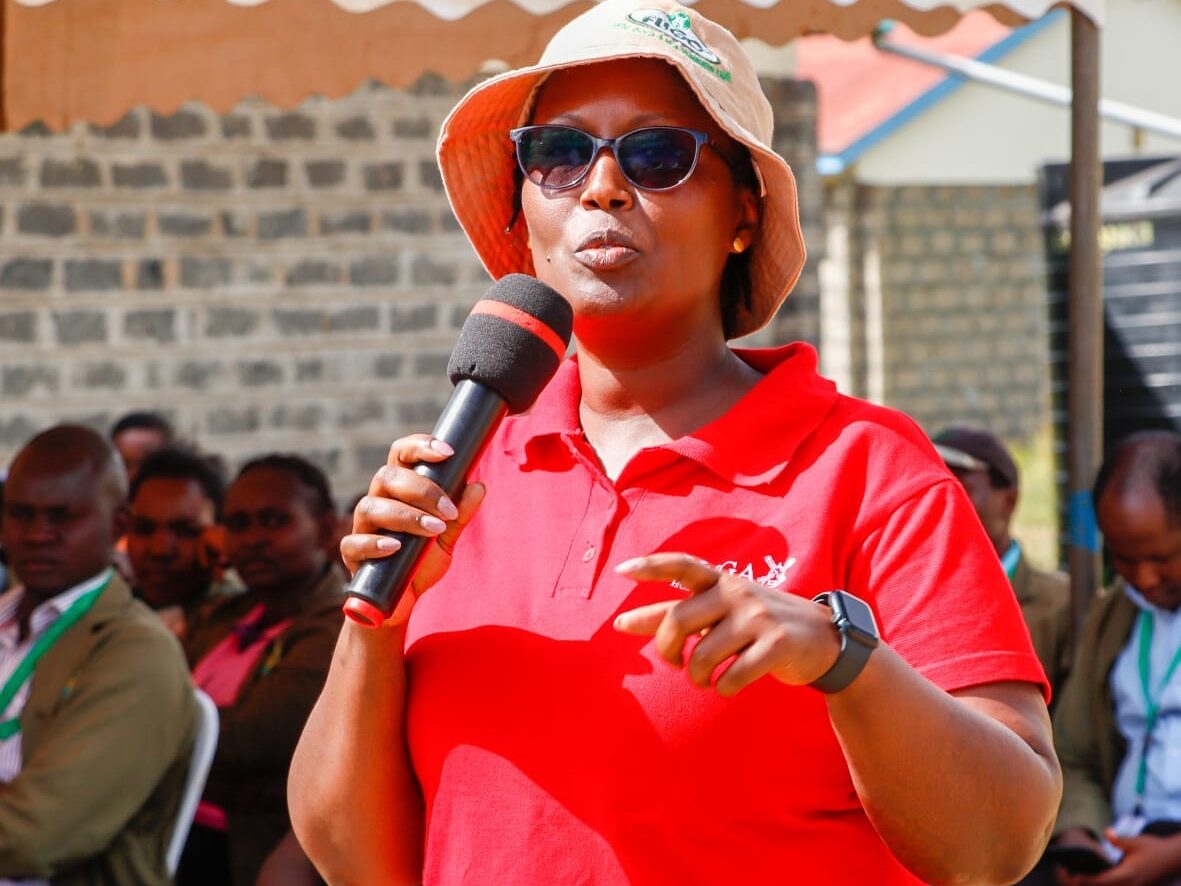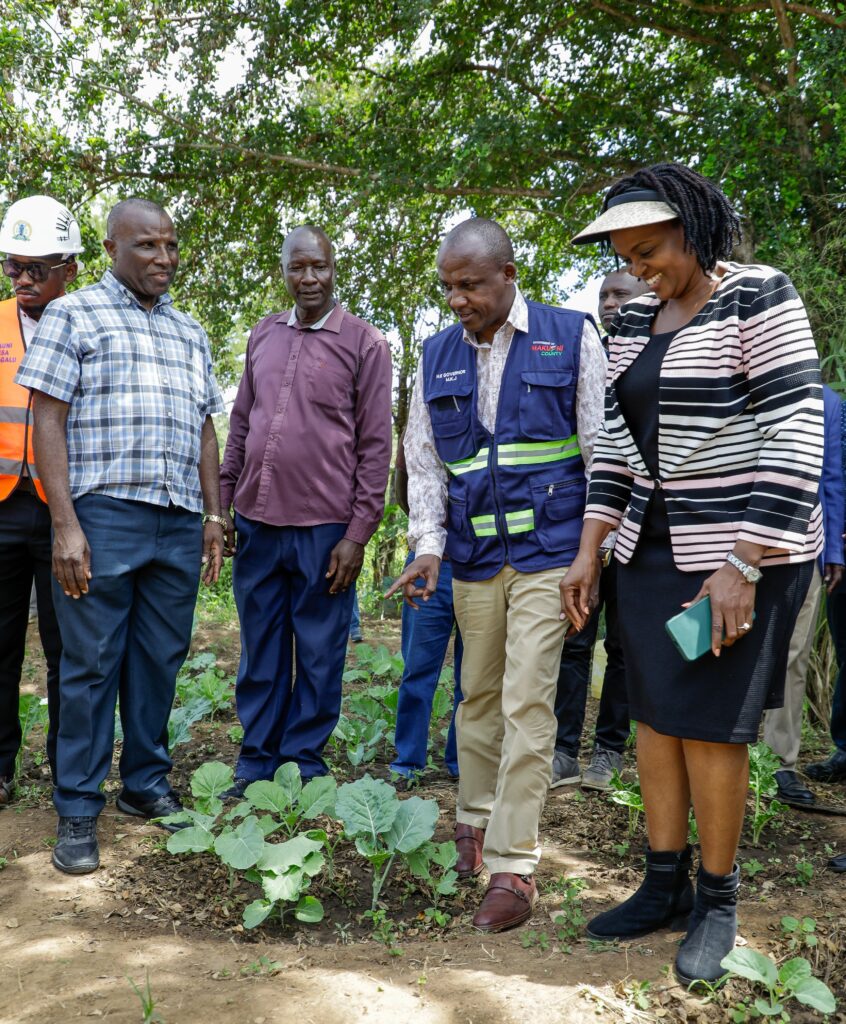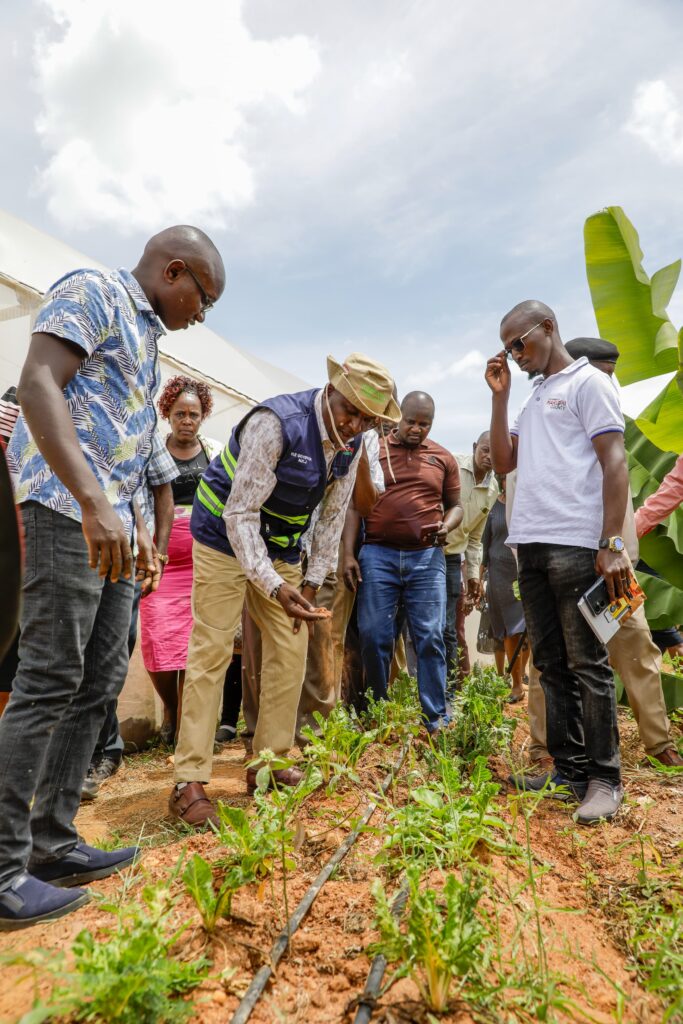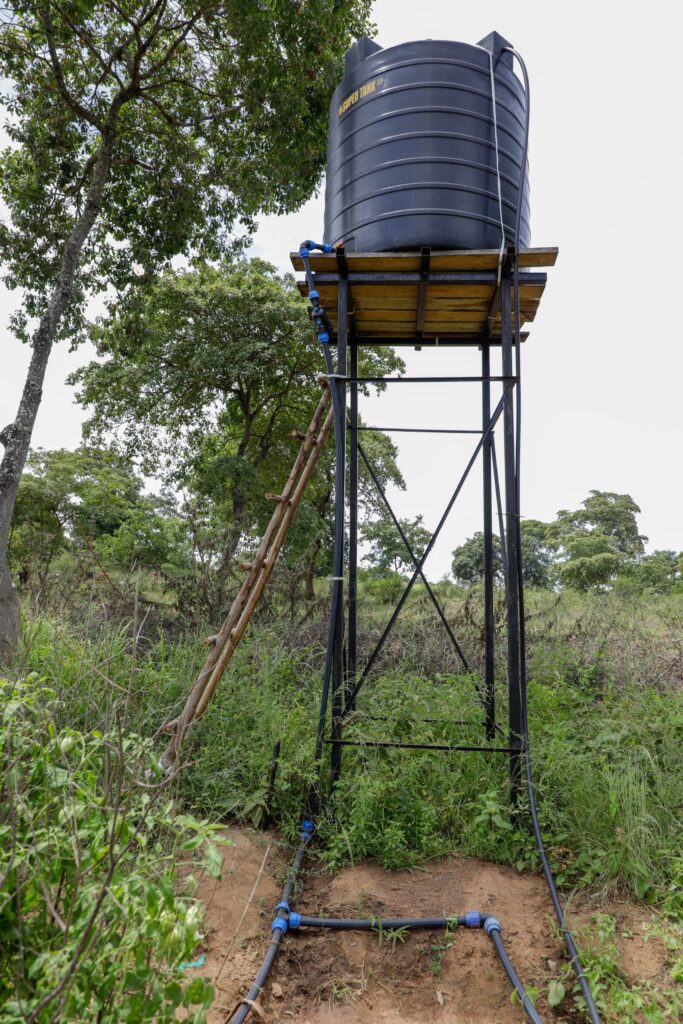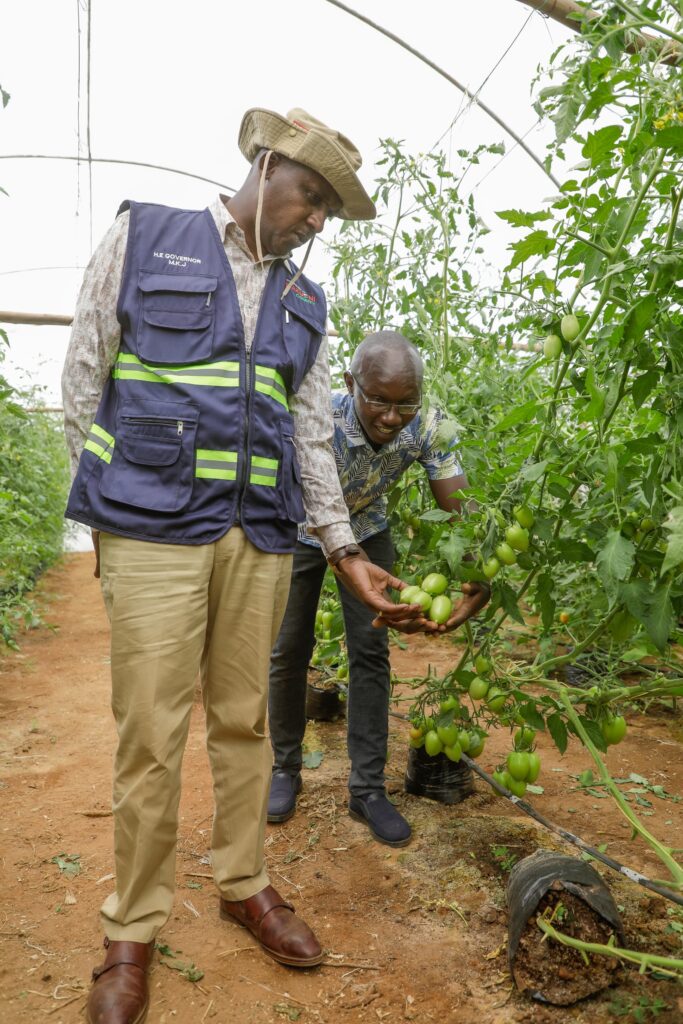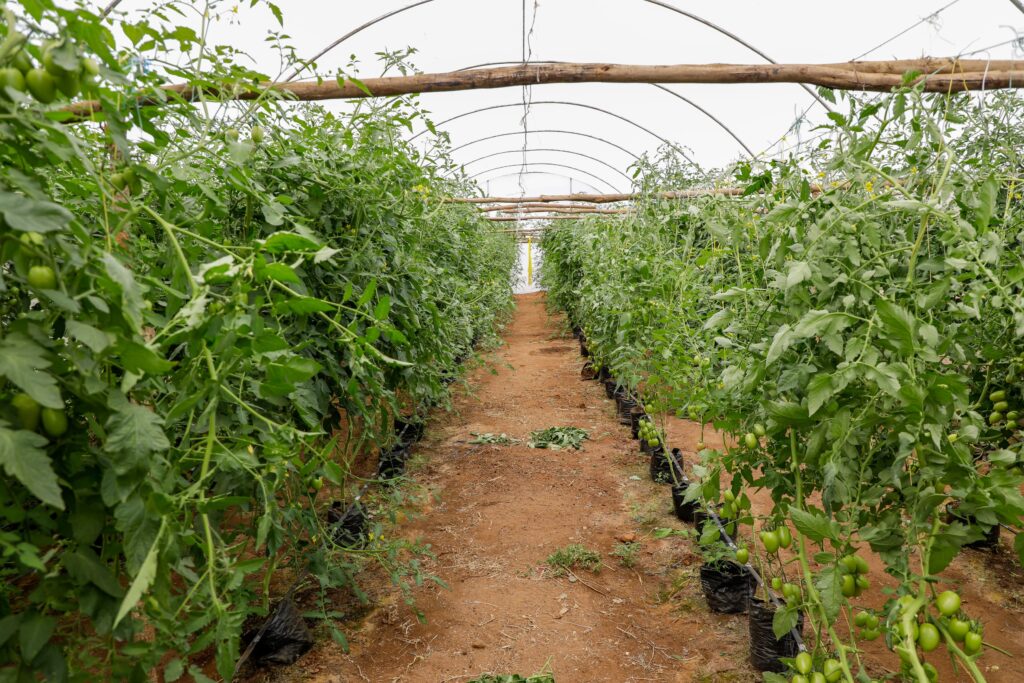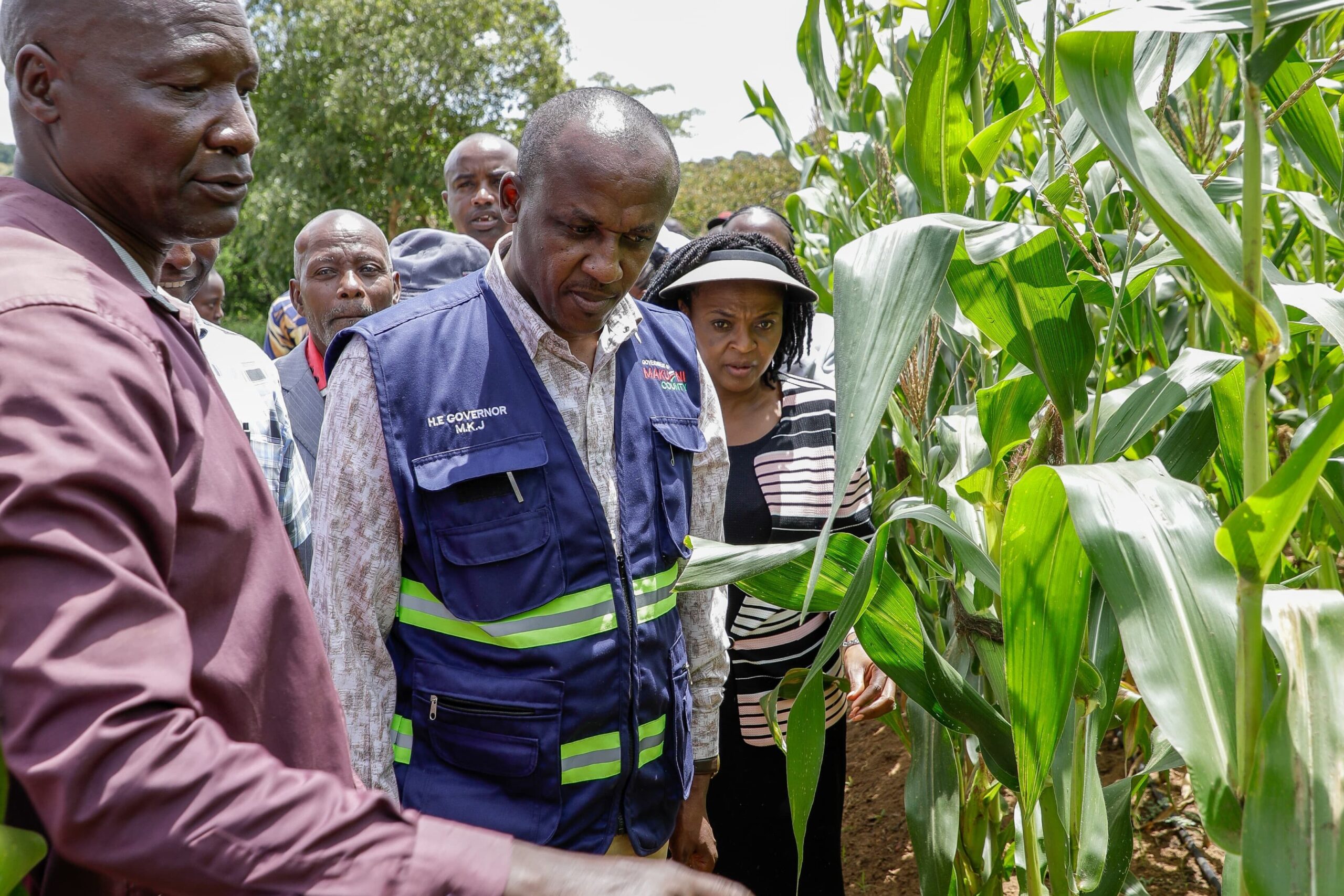The county Government of Makueni, Anglican Development Services Eastern (ADSE) and Micro Enterprises Support Programme Trust(MESPT) have invested Shs.11 Million to fully sponsor 480 trainees, including youth and women farmers, for agricultural skills training at the Makueni Agricultural Training Centre in Kwakathoka.
This was disclosed by the Agriculture and Irrigation Executive Joyce Mutua on Friday evening during the closing assembly ceremony that marked their transition to industrial attachment opportunities.
According to Mutua, the funds covered tuition fees, accommodation, meals, and exam fees for the 3-month coursework.
“The course cost approximately Shs.11 Million with a 25% contribution from the county government while ADSE contributed 60%. MESPT contributed15%,” said Mutua.
This first cohort of trainees comprises 60 youth and 420 women farmers who underwent comprehensive training on horticulture courses as well as dairy and poultry farming over a duration of three months before proceeding for an additional farm-based practical program lasting another three months in various established agribusiness ventures within and outside Makueni County.
Further, Mutua observed that the women farmers also received extensive training through farmer field schools and will continue until May when both groups will graduate after completing their respective training.
Agriculture and Irrigation Chief Officer Dr. Victoria Kyalo who also graced the ceremony added that upon completion, some of the trainees will receive start-up capital for their agri-business investments.
However, Mutua stressed that subsequent cohorts will share training costs with both partners to ensure program sustainability going forward.
